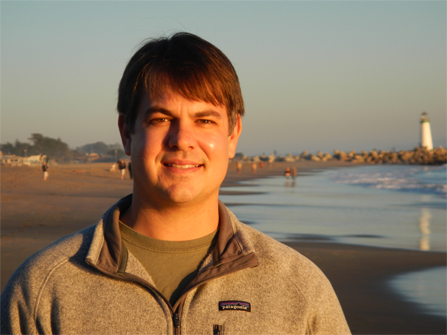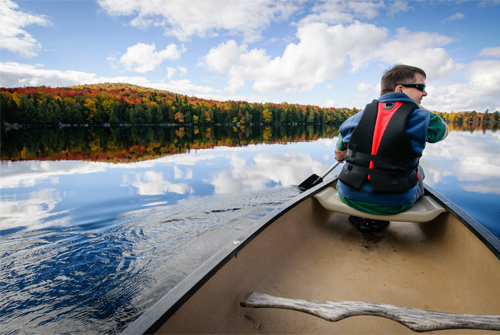 |
|
Dr. Brent Hughes. |
Name: Brent Hughes
Location: Duke University and University of California Santa Cruz
Smith Fellow Class: 2015
Area of Expertise: Marine Ecology, Marine Conservation
Education:
Undergraduate Education: B.A. Biology, Truman State University, 2001
Graduate Education: M.S. Marine Science, Moss Landing Marine Laboratories, 2007
Ph.D. Ecology and Evolutionary Biology, University of California Santa Cruz, 2014
Undergraduate Education: B.A. Biology, Truman State University, 2001
Graduate Education: M.S. Marine Science, Moss Landing Marine Laboratories, 2007
Ph.D. Ecology and Evolutionary Biology, University of California Santa Cruz, 2014
Tell us about your Smith Fellow project
Across the globe most top predator populations are in a state of decline. However, due to policy aimed at protecting biodiversity and ecosystems there are top predator species that are recovering. My Smith Fellowship project aims to determine the role of recovering top predator populations on ecosystems where they formally existed. Specifically, I am focusing on sea otters along the northeast Pacific as model predators, and investigating their effects to newly inhabited coastal ecosystems, namely estuaries, seagrasses, and salt marshes. Sea otter recovery and resilience to environmental stress may depend on these "novel" ecosystems as refugia, while in turn sea otters could benefit coastal ecosystems exposed to local and global threats.
What has been the most surprising aspect of the Fellowship?
The complete dedication of all fellows (past and present) to conservation. All are well versed in the first principles of science in their respective fields, but are keen to applying their diverse set of skills. This has not only been surprising but inspiring, as each fellow I have met has been a very important part of my life during my Smith Fellowship.
What is your favorite part of the Smith Fellowship?
Apart from being around a group of diverse thinkers, I really enjoy the camaraderie of being with a group of people who share common goals. We often chat about how we did not get into conservation science to increase our citation rates or H-index; we got into it because we are passionate about the health of the earth and its limited resources. Smith Fellows come from all walks of life, with different experiences and backgrounds. This group diversity leads to collaborations that are unique, forward-thinking, and efficient.
 |
|
Dr. Brent Hughes in the Adirondack Mountains. |
What have you learned about yourself during the Smith Fellowship?
The great thing about the Smith Fellowship is that it enables you to explore areas of conservation that not everyone has the fortune to do. Through the fellowship I have been able to identify strengths and weaknesses to further develop my ability to be an affective conservation scientist, communicator, and leader. This has enabled me to determine where I can be most effective in my career. Also, the Smith Fellowship has reinforced my idea of science and conservation as a collaborative effort and not an individual one.
Do you have advice for up-and-coming scientists?
Realize that pursuing a career in science can seem like a very long and, at times, endless journey. But also realize that the pursuit of science as a profession should be enjoyed. You should consider a unique period in life of enlightenment and discovery that is a privilege to experience. Also, learn science communication skills on top of learning science, we need effective science communicators in this world.
Follow Brent on Twitter @BrentBHughes and visit his website: http://research.pbsci.ucsc.edu